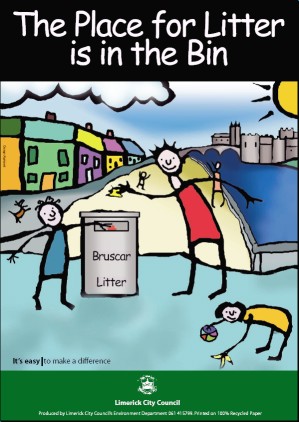"Haim and Environment" - the umbrella organization of environmental organizations in Israel, yesterday (Thursday) appealed to the members of the Ministerial Committee on Legislation, with a call to support the "Polluter Pays" bill that will be put up for a vote in the Ministerial Committee on Legislation this coming Sunday (19.11.06/XNUMX/XNUMX)

"Haim and Environment" - the umbrella organization of environmental organizations in Israel, yesterday (Thursday) appealed to the members of the Ministerial Committee for Legislation, with a call to support the bill "The Polluter Pays" that will be put up for a vote in the Ministerial Committee for Legislation next Sunday (19.11.06/XNUMX/XNUMX). According to attorney Alona Shafer (Caro), CEO of "Haim and Environment", the bill could bring about a dramatic change in the environmental situation in Israel. The purpose of the law is to negate the economic viability of harming the environment - which also endangers public health - through a punishment that takes into account the value of the environmental damage caused and the benefit of enjoyment (profits or savings) obtained while committing the crime.
According to Attorney Shafer, environmental offenses are primarily economic offenses, meaning that the polluter violates the law in order to obtain personal profit or financial savings. Meanwhile, he is indifferent to the damages he causes, the cost of which is often passed on to the entire public. The state bears the costs of morbidity caused by air or drinking water pollution, or by the removal of illegal waste deposits. Therefore, it is appropriate that the punishment for environmental offenses should express the state's desire to deter the environmental offender.
The fines currently imposed by the courts for environmental offenses, and even the maximum fines set by law, are significantly lower than the profits of the polluters and the damage caused by the offenses. Therefore, it is better for the criminal from an economic point of view to continue to violate these laws, and pay the fines that are decided by the court, than to comply with the standards, when the environment and the public pay the price. Deterrence will only be achieved if the criminal knows that if he is convicted, the financial sanction imposed on him will be significantly higher than the financial gain he expected to achieve by committing the crime.
The proposed wording amends eight different environmental laws, by adding an appropriate clause in each of them. The amendment is in a uniform wording: "If a person commits an offense according to this law and obtains a benefit or profit as a result, for himself or another, the court may impose on him, in addition to any other penalty, a fine four times the amount of the amount of the damage caused or the amount of the benefit or profit who achieved, according to the greatest of them." An amendment in this spirit has already been accepted in the past to the Law on the Prevention of Sea Pollution from Terrestrial Sources, at the initiative of the environmental association "Tzul".
